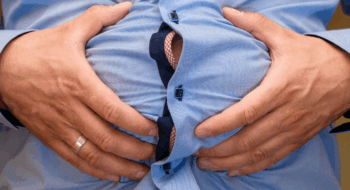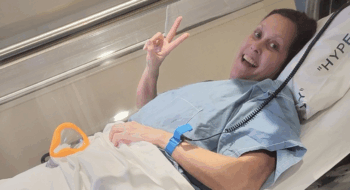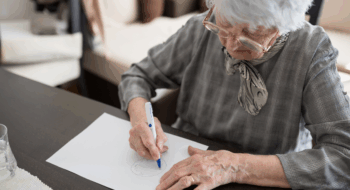Breast cancer is the second-most common cancer among women in the U.S. behind only certain types of skin cancers, according to the Centers for Disease Control and Prevention.
There’s a 13 percent chance that a woman in the U.S. will develop breast cancer during her lifetime. Black women are more likely to die from the disease.
But there are things you can do to help lower your risk, says Dr. Angela Mislowsky, a board-certified, fellowship-trained breast surgeon at Tidelands Health Breast Center, our region’s only surgical practice dedicated solely to breast health.
“It can be scary, especially if a patient has a family history of the illness,” she says. “However, research tells us that making certain lifestyle changes can help reduce your risk for the disease.”
Exercise and eat well
Sedentary behavior and being overweight or obese have been linked to increased risk for breast cancer. Eating a healthy diet, exercising regularly and maintaining a healthy body weight are good ways to reduce your risk for developing the disease.
Regular exercise doesn’t have to mean running a marathon or lifting weights at the gym. Thirty minutes per day of activity strenuous enough to make you sweat or make it difficult to carry conversation can go a long way, Dr. Mislowsky says.
Limit alcohol intake
Alcohol consumption is known to increase breast cancer risk. Studies have suggested the greater the alcohol consumption, the greater the risk for developing cancer. Researchers theorize that alcohol increases the amount of estrogen in the blood, which has been linked to increased risk for breast cancer.
“As a general rule, the less you drink, the lower your risk for cancer,” Dr. Mislowsky says.
Enjoying this story? It’s free to republish. Learn more.
Breastfeed your children
Among the many benefits of breastfeeding, women who breastfeed their children are less likely to develop breast cancer than those who don’t. It’s the opposite of alcohol: Research suggests that more breastfeeding in a woman’s lifetime, even across multiple pregnancies, leads to greater risk reduction.
This could be because hormonal changes reduce a woman’s exposure to estrogen, which is linked to increased risk for cancer.
Get regular screenings
The risk of developing breast cancer increases for women as they get older — even among women who don’t have a family history of the disease or who have had negative screenings previously.
“It’s better to be safe,” Dr. Mislowksy says. “All women should be assessed for their risk for the disease by age 25 to determine when to begin screenings. Women at average risk should begin screening mammograms at age 40, while women with higher risk may begin regular screenings at an earlier age in consultation with a care provider.”
Breast cancer screenings such as mammograms aren’t a form of prevention, but early detection is very important in successfully treating breast cancer, Dr. Mislowsky says.
If you have any questions about your breast health needs, be sure to speak with your primary care or women’s health provider.

Dr. Angela Mislowsky
Breast Surgeon, Tidelands Health Breast Center
Bio
Dr. Angela Mislowsky is a board-certified, fellowship-trained breast surgeon who practices at Tidelands Health Breast Center.
Learn MoreMedical Education
Education
New York Medical College
Residency
Union Memorial Hospital
Fellowship
The Hospital of The University of Pennsylvania, Breast and Oncology Surgery
Awards
- Board Certified, American Board of Surgery
Meet the Expert
Dr. Angela Mislowsky
Dr. Angela Mislowsky is a board-certified, fellowship-trained breast surgeon who practices at Tidelands Health Breast Center.





